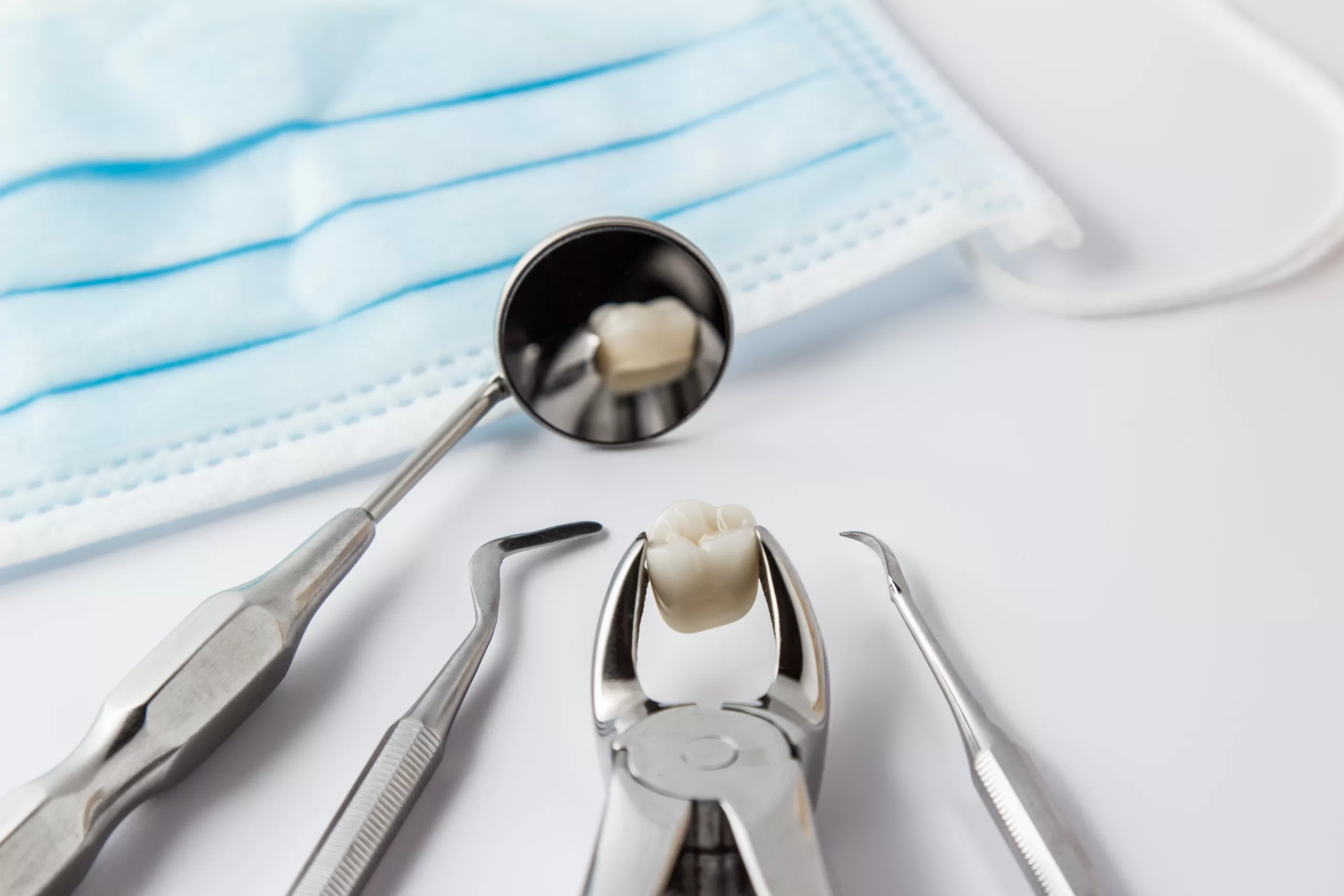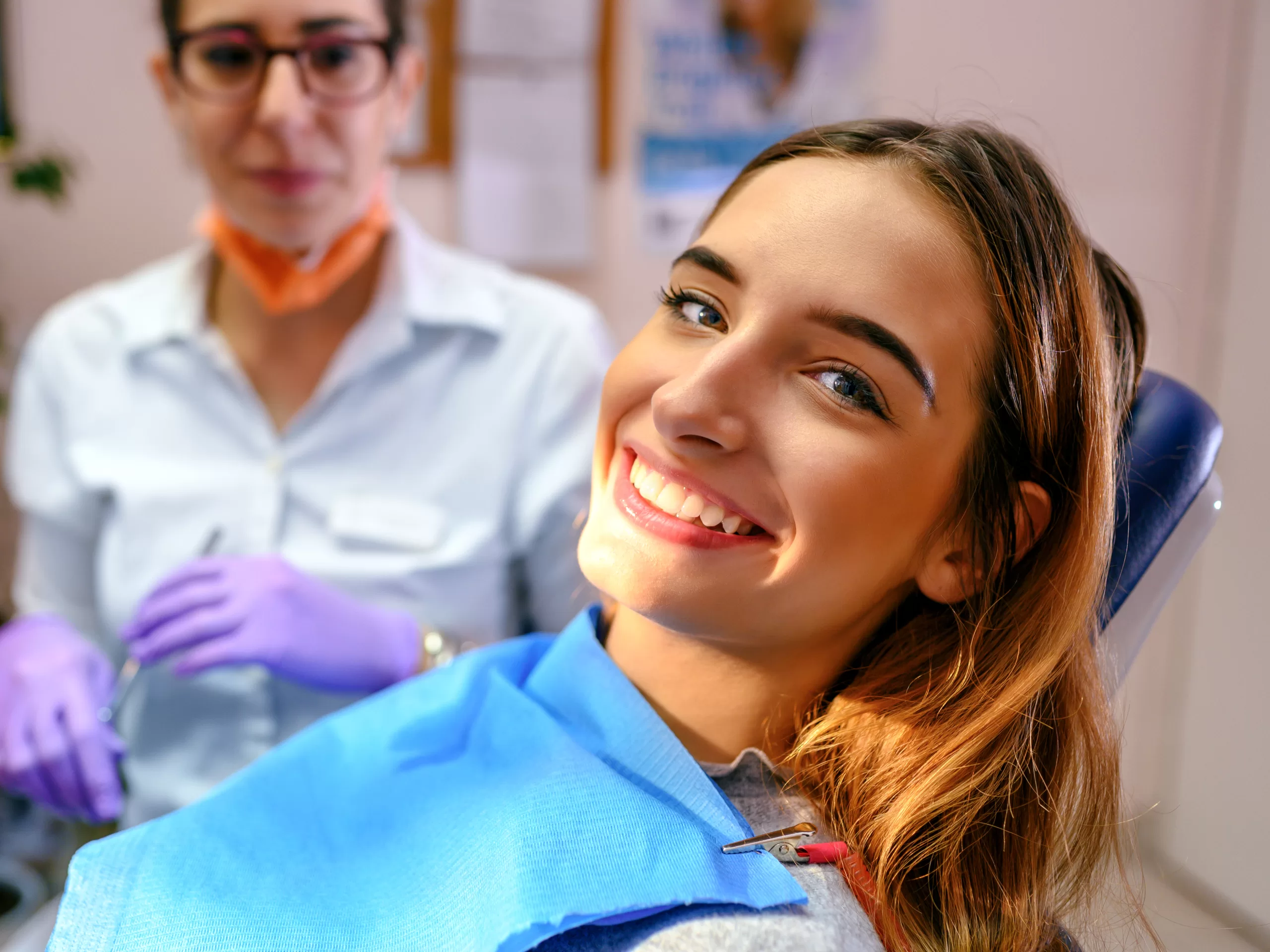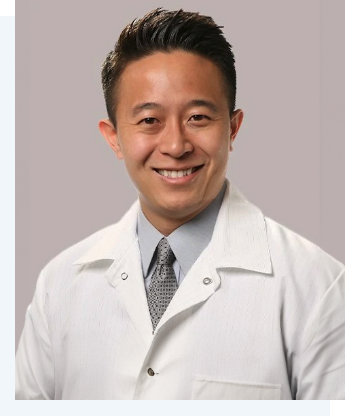
Pasadena dental patients who are going to take the time and make the financial investment to get dental implants want these tooth replacement systems to succeed. After all, implants are designed to last a lifetime, which is one of the many reasons that our patients choose to get them over dentures or bridges, which often need to be replaced. And while dental implants are intended to last the rest of your life, there are situations in which implants fail. Always wanting to make sure you are as educated as possible, our doctors want to make you aware of the following factors that can influence dental implant success.
Pasadena dental patients who are going to take the time and make the financial investment to get dental implants want these tooth replacement systems to succeed. After all, implants are designed to last a lifetime, which is one of the many reasons that our patients choose to get them over dentures or bridges, which often need to be replaced. And while dental implants are intended to last the rest of your life, there are situations in which implants fail. Always wanting to make sure you are as educated as possible, our doctors want to make you aware of the following factors that can influence dental implant success.
- Proper Care of Your Dental Implants.
Just because implants aren’t natural teeth, doesn’t mean your oral hygiene routine gets to stop. Even if you have an entire mouthful of dental implants, you should care for them the same way you would care for natural teeth by brushing twice daily, flossing once a day and seeing our doctors every 6 months for bi-annual check-ups. Doing so will help ensure that your implants succeed.
- Adequate Jawbone Tissue or Have a Bone Graft Prior to Having Your Dental Implants Placed.
For implants to succeed, they must fuse with your jawbone tissue, forming a strong bond that cannot be broken. This fusion requires that you have adequate jawbone tissue at your surgical site. However, some Pasadena patients simply don’t. This is because your natural tooth root stimulates jawbone growth. If you’ve been missing a tooth or teeth for a while, you may develop a condition called jawbone resorption, in which you jawbone tissue shrinks, or deteriorates at the site of your missing teeth.
Before moving forward with scheduling an appointment for dental implants, our doctors will take much care to ensure you have adequate jawbone tissue to support them. If not, our doctors will recommend that you have a jawbone grafting surgery, a procedure that uses donor tissue to help “rebuild” your jawbone, before having your implants placed.
- History of Gum Disease.
Healthy gums are important for Pasadena dental implants patients. If you have a prior history of gum disease before getting these tooth replacement systems placed, you could be at risk for not only developing gum disease again but contracting an infection called peri-implantitis. Peri-implantitis is an infection that surrounds your implants, which could cause them to become loose or fall out. This is yet another reason why it’s so important for dental implants recipients to practice proper oral hygiene.
We all know that smoking is bad for your health. But, did you know that smoking is bad for implants, too? Because smoking constricts the blood vessels in your mouth, it could lead to jawbone shrinkage and dental implants failure. Smoking can also lead to peri-implantitis.
- Medical Conditions That are Known to Make You at Risk for Dental Implants Failure.
Unfortunately, certain medical conditions including osteoarthritis, diabetes and a compromised immune system could make you more susceptible to developing peri-implantitis, often leading to implant failure. However, prospective Pasadena dental implant patients don’t need to be excluded from this tooth replacement system just because they have one of these diseases. By properly managing your disease and following your primary care physician’s instructions for your condition, you can still be a candidate for implants.
Call Us With Any Additional Questions
If you’d like to know more about what ensures implant success, we’d love to help. You can contact our office in Pasadena today at (626) 792-3161 to ask a question or schedule an appointment with one of our doctors.





